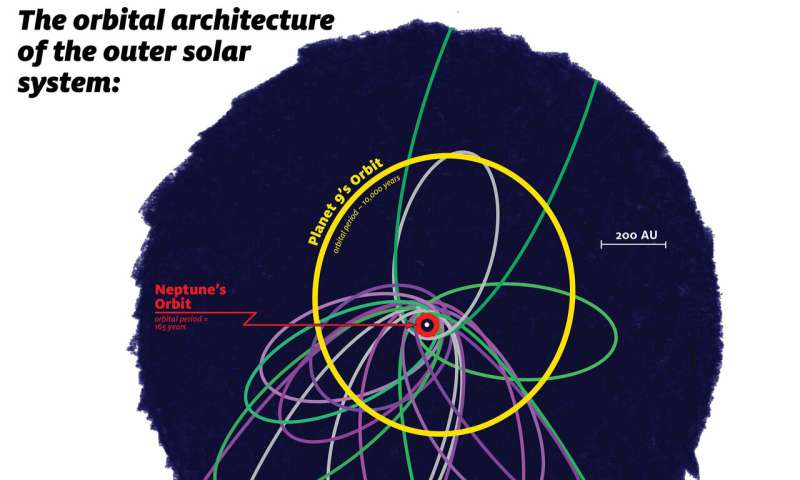Best of Last Week–More support for Planet Nine, gender brain differences and the impact of music listening on creativity

It was a good week for space science as two researchers from Caltech published papers supporting the existence of Planet Nine, the theoretical ninth planet. In their papers, Mike Brown and Konstantin Batygin outlined new evidence for the planet and even provided details about its possible nature and where it might reside. Also, a team working on the European Mars Express mission announced that the orbiting probe had found the first evidence of a planet-wide groundwater system on Mars. And a team led by researchers at the Southwest Research Institute reported data from New Horizons indicating that small Kuiper Belt objects are surprisingly rare—they found that most of the craters on Pluto came from large object strikes. Also, a team at NASA's Jet Propulsion Laboratory reproduced the origins of life on the ocean floor—they suggest their results provide clues about how life might have started approximately 4 billion years ago.
In other news, a team at The University of Manchester reported a new quantum surprise in graphite—they discovered the quantum Hall effect in bulk graphite. Also, a team with members from the University of Oxford, Microsoft Research and TRASH reported on their findings from a study that explored humor in word embeddings as part of an effort to teach AI systems what humans find funny. And another team with members from institutions in the U.S. and China found that spider silk could be used as robotic muscle by taking advantage of its tendency to respond in useful ways to humidity levels. Also, a team at the University of Maryland School of Medicine announced that they had discovered clues to brain differences between men and women. And a team led by researchers at RMIT University found a way to turn carbon dioxide back into coal using liquid metals. The researchers believe their technique could change the way climate scientists view carbon capture and storage.
And finally, if you are inspired by listening to music while working on creative projects, you might want to take a look at a study conducted by researchers at the University of Central Lancashire, the University of Gävle and Lancaster University—they found that listening to music "significantly impairs" creativity.
© 2019 Science X Network